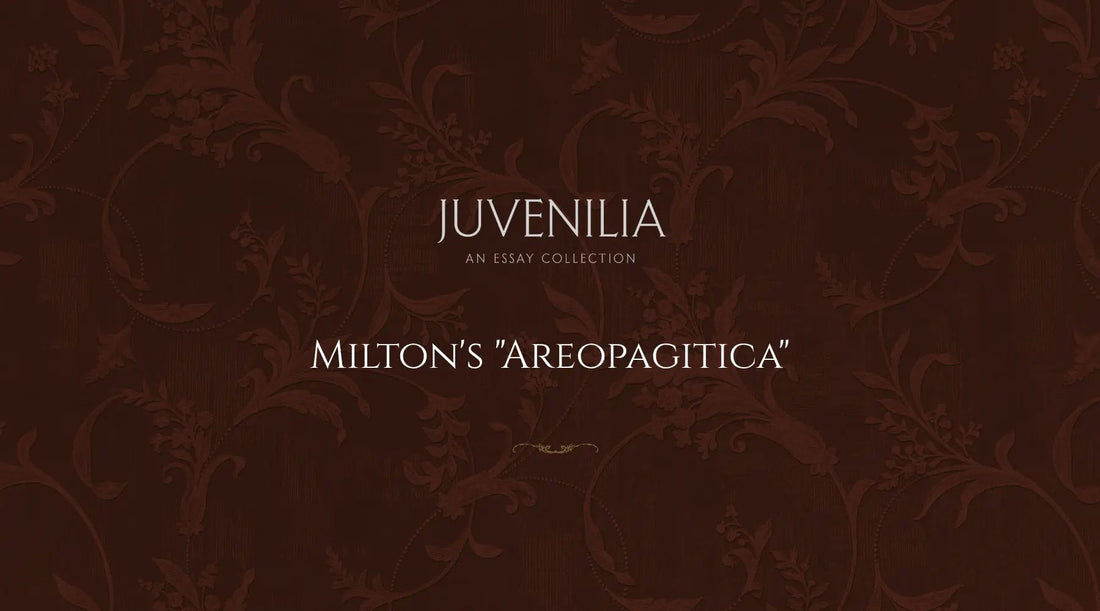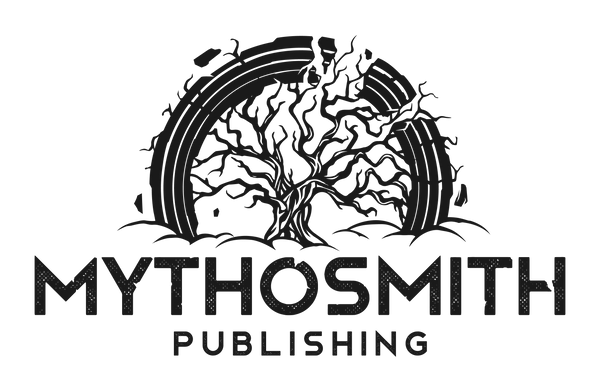
Milton's "Areopagitica"
Prior to this course, I had never encountered the word Areopagitica. When I looked it up in my dictionary, I was delighted to see it was not listed. When I googled it specifically for the definition, it still did not come up; this fact made me tickled pink. It's not often that Google doesn't know the meaning to a word, so this gave me an opportunity to be smarter than google, which was such a treat and morale booster. In technical terms, there is not a definition to this word as it is a word of Milton's own making from 1644 to respond to a reform made in 1633. Technically, all words are made up, but this was a word specifically created to draw on ancient imagery and precedent to illustrate a political point. The word is obsolete and used only in reference to Milton's work specifically.
Although there is not a technical definition, there is an approximate translation by breaking up the word into its prefix, root, and suffix. Areopagitica is derived from Ancient Greek, which was surprising to me as I just assumed it was Latin. I was incorrect in my assumption. According to Oxford Reference (Birch), the word can be broken up as follows: [areo or areios] meaning "Ares", [pagit or pagos] meaning "hill of" and [ica] a suffix meaning a collection of things that relate to a specific person, place, or theme (Wordsense). Therefore, the literal meaning of "Areopagitica" is "A collection of things relating to the Hill of Ares."
Other relevant derivatives include Areopagus and Areopagiticus. Areopagus is Greek for the Hill of Ares, which is a real location in Athens, the birthplace of democracy (Knowles). This is well suited to the purpose of speaking out politically as the Hill of Ares is a literal symbol of the court or judicial system, and the highest governmental council of ancient times. Milton is making a very bold statement even just with his title. He is not only drawing on themes of democracy and thus freedom of speech using Athens as a backdrop to speak out against censorship, but he is using the (pagan) Greek God of War, Ares, to do it. This seems incredibly gutsy even just in using Ares as the spokespiece at all. The Greek Pantheon had two gods representing aspects of war: Ares and Athena. Ares was seen as a destructive force, brutal and pigheaded, whereas Athena was seen as wise and just, so perhaps that was a lapse in judgement.
Although Milton's discourse was deemed unsuccessful (I would argue it was because he didn't name it the Athenapagitica), it is a brilliant piece of work, and the title supports it even at the symbolic level. Milton also draws on the model of the Areopagiticus, a speech by Isocrates from antiquity who was also advocating for a political repeal to return to the way things were (Howatson). The symbolism is so layered and impressive, even if objectively, he undercuts himself by choosing a poor representative in Ares, though Milton is hardly at fault for the naming of an Ancient Greek hill.
Attempting to ascertain the meaning of this word was a journey in itself, and it certainly added context to the work. I appreciate the amount of implications the title now brings to the piece as I did not understand the title when I undertook this project. The title uses underlying themes such as Ancient Greece, democracy, freedom of speech, and ancient precedent to further establish his point. The truth is what should matter, and by using this symbolism, he roots his argument both in his present and in the ancient past to voice a concern in a world where his voice had been taken away and he was censored from speaking out.
I wish I could say we’re in a better place now, but… how far we have fallen.
[WORKS CITED]
"Areopagitica." The Oxford Companion to English Literature. Ed. Birch, Dinah. Oxford University Press, 2009. Oxford Reference. Date Accessed 25 Nov. 2020.
"Areopagitica." The Concise Oxford Companion to English Literature. Eds. Birch, Dinah, and Katy Hooper. Oxford University Press, 2013. Oxford Reference. Date Accessed 25 Nov. 2020.
“Areopagiticus." The Oxford Companion to Classical Literature. Ed. Howatson, M. C. Oxford University Press, 2011. Oxford Reference. Date Accessed 25 Nov. 2020.
"Ārēs." The Oxford Companion to Classical Literature. Ed. Howatson, M. C. Oxford University Press, 2011. Oxford Reference. Date Accessed 25 Nov. 2020.
"-ica." WordSense.eu. Online Dictionary. Date Accessed 25 Nov. 2020.
Knowles, Elizabeth. "Areopagus." The Oxford Dictionary of Phrase and Fable. Oxford University Press, 2006. Oxford Reference. Date Accessed 25 Nov. 2020.
